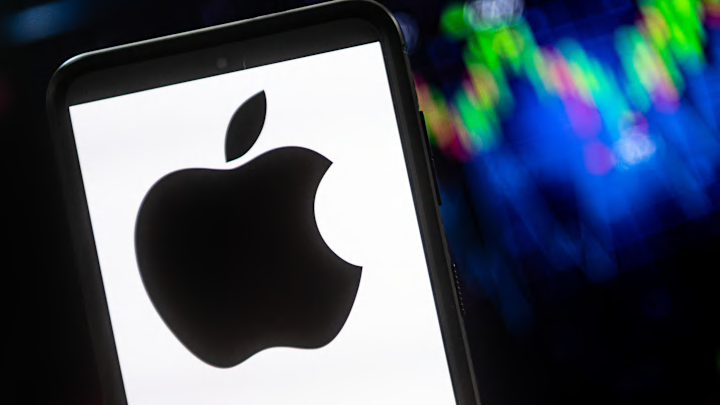Anyone who’s binged Seinfeld knows that the sitcom was big on building narratives around real products, from Yoo-hoo to Snapple to Junior Mints. Those mentions were organic, meaning Jerry Seinfeld and writers wanted to include them because there was humor to be mined from them, not because companies paid for the plug. (They hardly ever did.)
That said, a lot of consumer products do pay for the privilege of being seen on TV or movies. Recently, UK credit card comparison tool site Merchant Machine broke down which companies and goods are seen most often by counting how many times the products were mentioned in 2227 movies and 890 TV shows on the tracking site productplacementblog.com. Not surprisingly, Apple seems to be everywhere.

The tech giant takes the top spot in features, with 1884 mentions. Second is Coca-Cola, with 1026 appearances. Both companies typically have a say in how their images, products, and logos are used. Apple, for example, prefers not to have their phones or computers used by villains. (Yes, we’re serious.)
Apple also dominates television, with 5771 appearances:

Obviously, it helps that Apple has launched their own premium streaming service, Apple TV+, that creates a direct pipeline for product placement on shows like Ted Lasso. With 1112 mentions, Coca-Cola lags behind brands like Nike (more than 3000 mentions) on shows including Stranger Things. (Although that ‘80s-set show managed to briefly resurrect the reviled New Coke.)
In both TV and film, the Apple MacBook is the most seen or mentioned product, followed by Nike sneakers and the Apple iPhone. You’re also likely to see plenty of Miller and Budweiser beer as well as Ray-Bans.
Paid or not, most companies relish the opportunity to get some advertising inside programming. There are exceptions, though. Chef Boyardee once balked at being featured in a Seinfeld episode because their Beefaroni product was depicted as giving a horse a lot of gas. The writers went with the fictional Beef-A-Reeno instead.
[h/t Merchant Machine]
